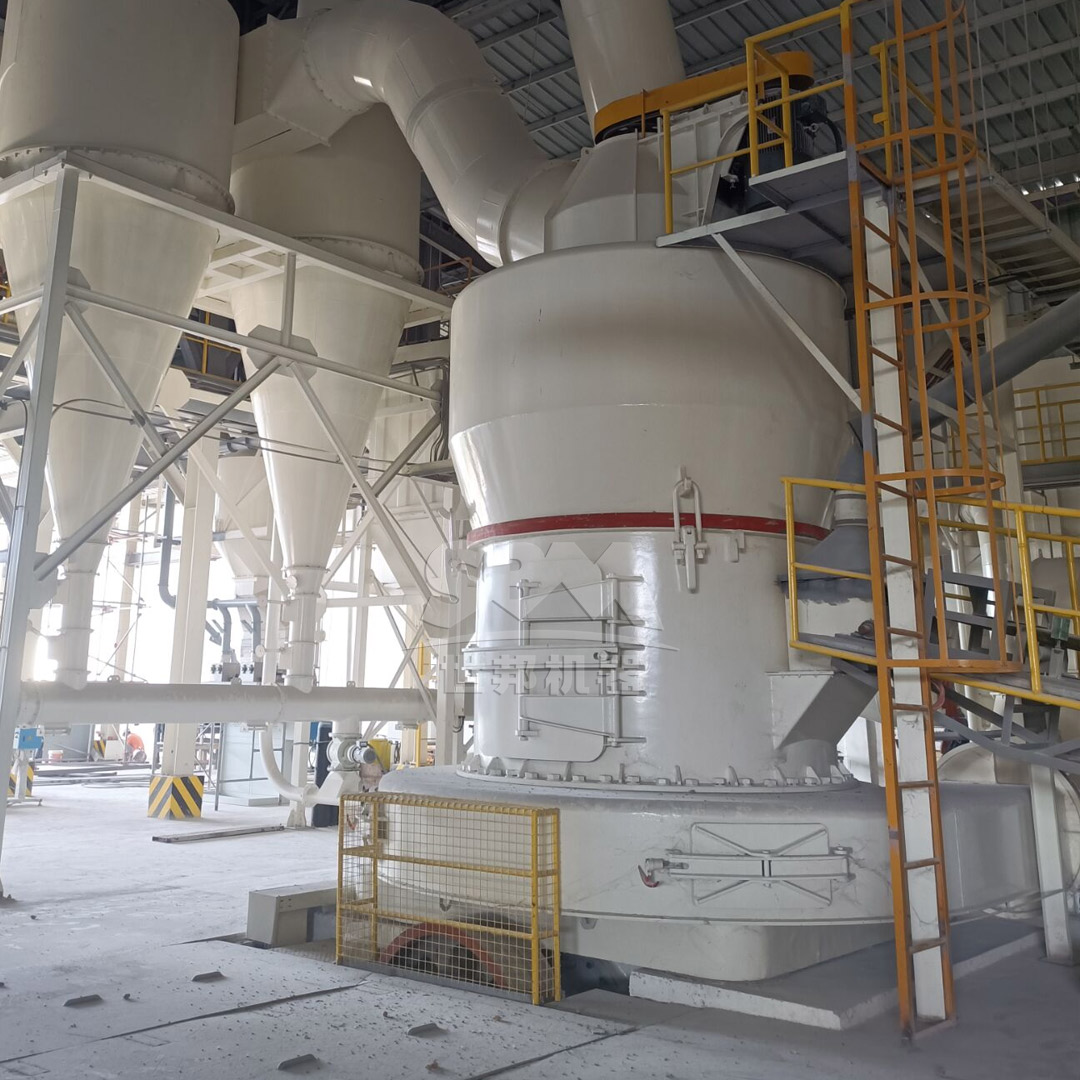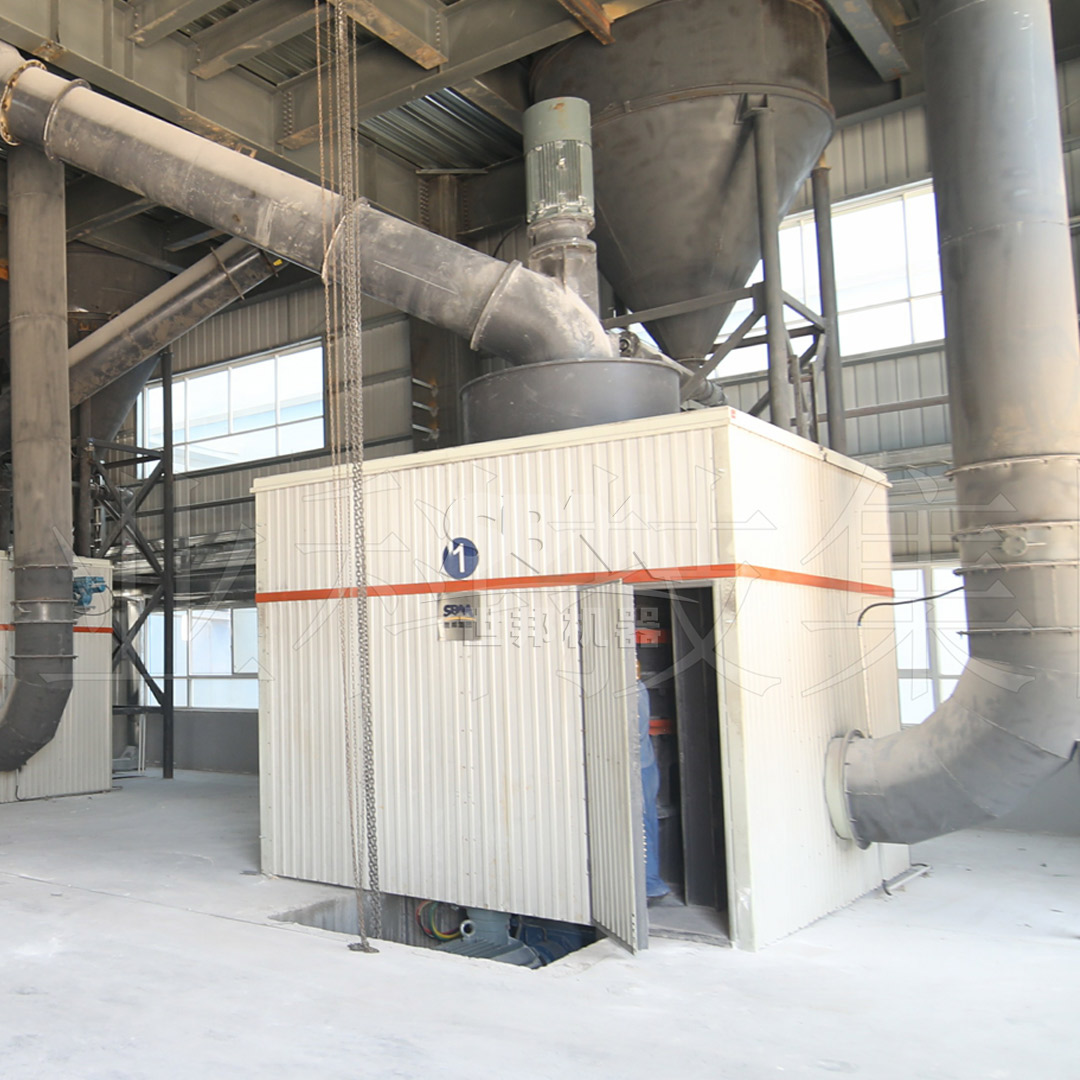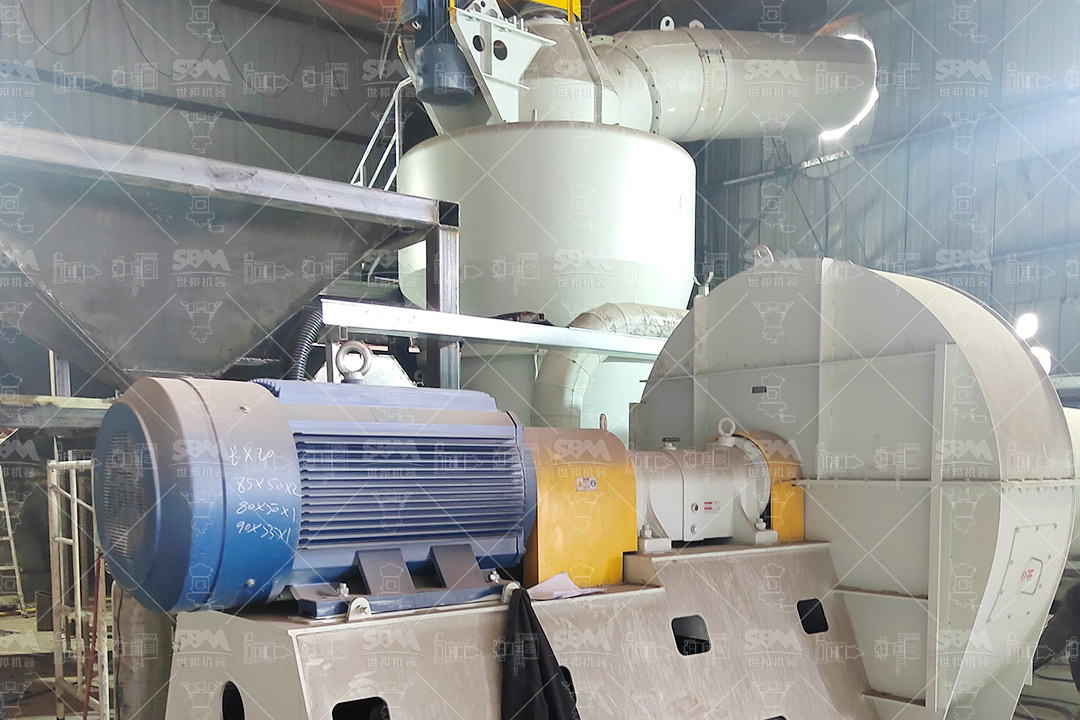Carbon black has long been recognized as a critical reinforcing filler in polymer composites, significantly enhancing mechanical properties, UV resistance, and electrical conductivity. However, the performance benefits of carbon black in polymer matrices are heavily dependent on its particle size, distribution, and dispersion quality. Ultrafine grinding technology has emerged as a pivotal process for optimizing these parameters, ultimately determining the final composite performance. This article explores the technical requirements for carbon black ultrafine grinding and how advanced milling solutions can dramatically improve polymer composite properties.

The effectiveness of carbon black as a reinforcing agent in polymer composites is fundamentally governed by its particle characteristics. Smaller particle sizes and narrower size distributions contribute to several key performance enhancements:
Ultrafine carbon black particles with controlled size distribution create more uniform reinforcement throughout the polymer matrix. This results in improved tensile strength, modulus, and tear resistance. The increased surface area of finer particles allows for better polymer-filler interaction, leading to more efficient stress transfer between the matrix and reinforcing phase.
For conductive polymer composites, the formation of conductive networks is highly dependent on particle size and distribution. Ultrafine carbon black with consistent particle size enables more efficient percolation pathways at lower loading levels, reducing material costs while maintaining conductivity targets.
Narrow particle size distributions prevent agglomeration and facilitate easier dispersion during compounding. This reduces mixing energy requirements, minimizes equipment wear, and enhances process stability during extrusion or injection molding operations.
Producing carbon black with consistent ultrafine characteristics presents several technical challenges that require specialized milling equipment:
Carbon black is susceptible to thermal degradation during grinding processes. Excessive heat generation can alter surface chemistry and reduce reinforcing capabilities. Effective cooling systems and controlled grinding environments are essential for maintaining material integrity.
The high surface energy of ultrafine carbon black particles promotes reagglomeration after grinding. Advanced classification systems and surface treatment integration are necessary to maintain particle separation and prevent clumping.
Achieving and maintaining narrow particle size distributions in the ultrafine range requires precise classification technology and stable grinding conditions. Variations in feed material or process parameters can significantly impact final product quality.
Modern grinding technology has evolved to address the specific requirements of carbon black processing. Among the available solutions, our SCM Ultrafine Mill series stands out as particularly well-suited for carbon black applications, offering several distinct advantages:
The SCM Ultrafine Mill achieves output fineness ranging from 325 to 2500 mesh (D97 ≤ 5μm), making it ideal for producing the ultrafine carbon black required for high-performance polymer composites. The vertical turbine classifier ensures precise particle size control and eliminates coarse particle contamination, resulting in exceptionally uniform products.
With capacity twice that of jet mills and energy consumption reduced by 30%, the SCM series addresses both economic and technical requirements. The intelligent control system automatically monitors and adjusts for consistent product fineness, while the efficient grinding mechanism minimizes heat generation that could compromise carbon black quality.
| Model | Processing Capacity (ton/h) | Main Motor Power (kW) | Output Fineness (mesh) |
|---|---|---|---|
| SCM800 | 0.5-4.5 | 75 | 325-2500 |
| SCM900 | 0.8-6.5 | 90 | 325-2500 |
| SCM1000 | 1.0-8.5 | 132 | 325-2500 |
| SCM1250 | 2.5-14 | 185 | 325-2500 |
| SCM1680 | 5.0-25 | 315 | 325-2500 |
The specially designed roller and grinding ring materials in the SCM mill provide significantly extended service life compared to conventional grinding systems. The bearing-free screw grinding chamber ensures stable operation with minimal maintenance requirements, crucial for continuous production environments.

For applications requiring slightly coarser carbon black or as a pre-grinding stage, our MTW Series Trapezium Mill offers excellent performance with output fineness from 30 to 325 mesh. This system features several technological advantages particularly relevant to carbon black processing:
The combination-type shovel design reduces maintenance costs, while the curved surface design extends roller life. These features are especially valuable when processing abrasive materials like carbon black.
The curved air channel design minimizes energy loss during material transport and improves classification efficiency. The high-strength protective plate safeguards the air channel working surface, ensuring long-term performance stability.
With bevel gear overall transmission achieving 98% efficiency, the MTW series provides reliable power transmission while reducing installation space requirements. This compact design is advantageous for facilities with limited floor space.
| Model | Processing Capacity (ton/h) | Main Motor Power (kW) | Output Fineness (mesh) |
|---|---|---|---|
| MTW110 | 3-9 | 55 | 30-325 |
| MTW138Z | 6-17 | 90 | 30-325 |
| MTW175G | 9.5-25 | 160 | 30-325 |
| MTW215G | 15-45 | 280 | 30-325 |
The transition to ultrafine carbon black produced with advanced grinding technology delivers measurable improvements in composite performance:
Composites incorporating ultrafine carbon black demonstrate 15-25% improvements in tensile strength and 20-30% increases in modulus compared to those using conventionally ground materials. The more uniform particle distribution prevents stress concentration points that can initiate failure.
Conductive composites achieve percolation thresholds at 20-30% lower carbon black loading when using ultrafine, narrowly distributed particles. This reduces material costs while maintaining or improving conductivity performance.
Better dispersion of ultrafine carbon black translates to smoother extrusion, reduced die swell, and improved surface finish in molded parts. The reduced tendency for agglomeration minimizes defects and enhances product consistency.

Modern ultrafine grinding systems must address environmental regulations and operational efficiency simultaneously. Both the SCM and MTW series incorporate features specifically designed for these challenges:
The pulse dust collection systems in these mills exceed international standards, with collection efficiency ensuring workplace safety and environmental compliance. Full negative pressure operation prevents dust leakage, protecting both operators and the production environment.
With noise levels ≤75dB for the SCM series and comprehensive damping systems in the MTW mills, these systems meet stringent workplace noise regulations without requiring additional acoustic enclosures.
The significant energy savings achieved by these advanced grinding systems contribute to both operational cost reduction and sustainability objectives. Lower energy consumption per ton of processed material translates to reduced carbon footprint while maintaining product quality.
Choosing the appropriate grinding system depends on several factors specific to the application and production requirements:
For applications demanding the finest particle sizes (D97 ≤ 5μm), the SCM Ultrafine Mill represents the optimal choice. Its precision classification system and efficient grinding mechanism consistently deliver the ultrafine characteristics required for high-performance composites.
The scalable design of both series accommodates various production volumes. The SCM series handles capacities from 0.5 to 25 tons per hour, while the MTW series supports 3 to 45 tons per hour, allowing selection based on specific production requirements.
Both systems can be integrated into existing production lines with appropriate ancillary equipment. The compact footprint and flexible configuration options facilitate retrofitting into established facilities with minimal disruption.
The evolution of carbon black grinding technology continues to align with emerging trends in polymer composite development:
Advanced control systems with remote monitoring capabilities and predictive maintenance features are becoming standard in modern grinding equipment. These technologies minimize unplanned downtime and optimize production efficiency.
As polymer composites incorporate increasingly complex additive packages, grinding systems must accommodate various materials with different physical characteristics. The flexibility of modern mills supports this trend toward sophisticated material formulations.
Energy efficiency, reduced waste generation, and longer component life continue to drive equipment development. The extended service life of wear parts and reduced energy consumption of advanced grinding systems directly support sustainability objectives.
The performance of carbon black in polymer composites is fundamentally linked to its particle characteristics, which are determined by the grinding technology employed. Advanced ultrafine grinding systems like our SCM Ultrafine Mill and MTW Series Trapezium Mill provide the precision, efficiency, and reliability required to produce carbon black with optimal properties for modern composite applications. By selecting appropriate grinding technology and optimizing process parameters, manufacturers can significantly enhance composite performance while improving production economics and environmental compliance. As polymer composite applications continue to evolve toward higher performance requirements, the role of advanced grinding technology in enabling these developments becomes increasingly critical.